Samira Ahmed takes the BBC to court
Presenter claims she was paid less than male colleagues for doing equivalent work

A free daily email with the biggest news stories of the day – and the best features from TheWeek.com
You are now subscribed
Your newsletter sign-up was successful
A leading BBC presenter is taking the corporation to an employment tribunal over claims she was paid less than male colleagues for doing equivalent work.
Samira Ahmed’s case, due to be heard next week in central London, will consider an alleged “failure to provide equal pay for equal value work” under the Equal Pay Act.
It will be “an embarrassing hearing for the corporation featuring a well-known journalist detailing claims against BBC management”, says The Guardian, which predicts that other cases will follow.
The Week
Escape your echo chamber. Get the facts behind the news, plus analysis from multiple perspectives.

Sign up for The Week's Free Newsletters
From our morning news briefing to a weekly Good News Newsletter, get the best of The Week delivered directly to your inbox.
From our morning news briefing to a weekly Good News Newsletter, get the best of The Week delivered directly to your inbox.
Ahmed presents Newswatch on BBC One and BBC News and Radio 4’s Front Row. The former Channel 4 News presenter started her career at the BBC in the 1990s and has become a familiar face on the broadcaster in recent years.
Unequal pay has become a huge issue at the BBC since the corporation started publishing the salaries of high-earning on-air presenters and reporters in 2017. The fidures revealed significant disparities between the salaries of prominent journalists, particularly between men and women.
Carrie Gracie, the BBC’s China editor, resigned after finding out she was paid less than equivalent male presenters. She went on to secure an apology and a payout from the broadcaster.
Writing on Twitter yesterday, Catherine Mayer of the Women’s Equality Party, asked: “What will it take for the BBC to change its spots? In undervaluing these women, it is failing all of us.”
A free daily email with the biggest news stories of the day – and the best features from TheWeek.com
The BBC is also facing an investigation by the Equality and Human Rights Commission over claims of historical pay inequality between male and female staff.
–––––––––––––––––––––––––––––––For a round-up of the most important stories from around the world - and a concise, refreshing and balanced take on the week’s news agenda - try The Week magazine. Get your first six issues for £6–––––––––––––––––––––––––––––––
-
 Can the BBC weather the impartiality storm?
Can the BBC weather the impartiality storm?Today's Big Question MPs’ questions failed to land any ‘killer blows’ to quell the ‘seismic outrage’ faced by the BBC
-
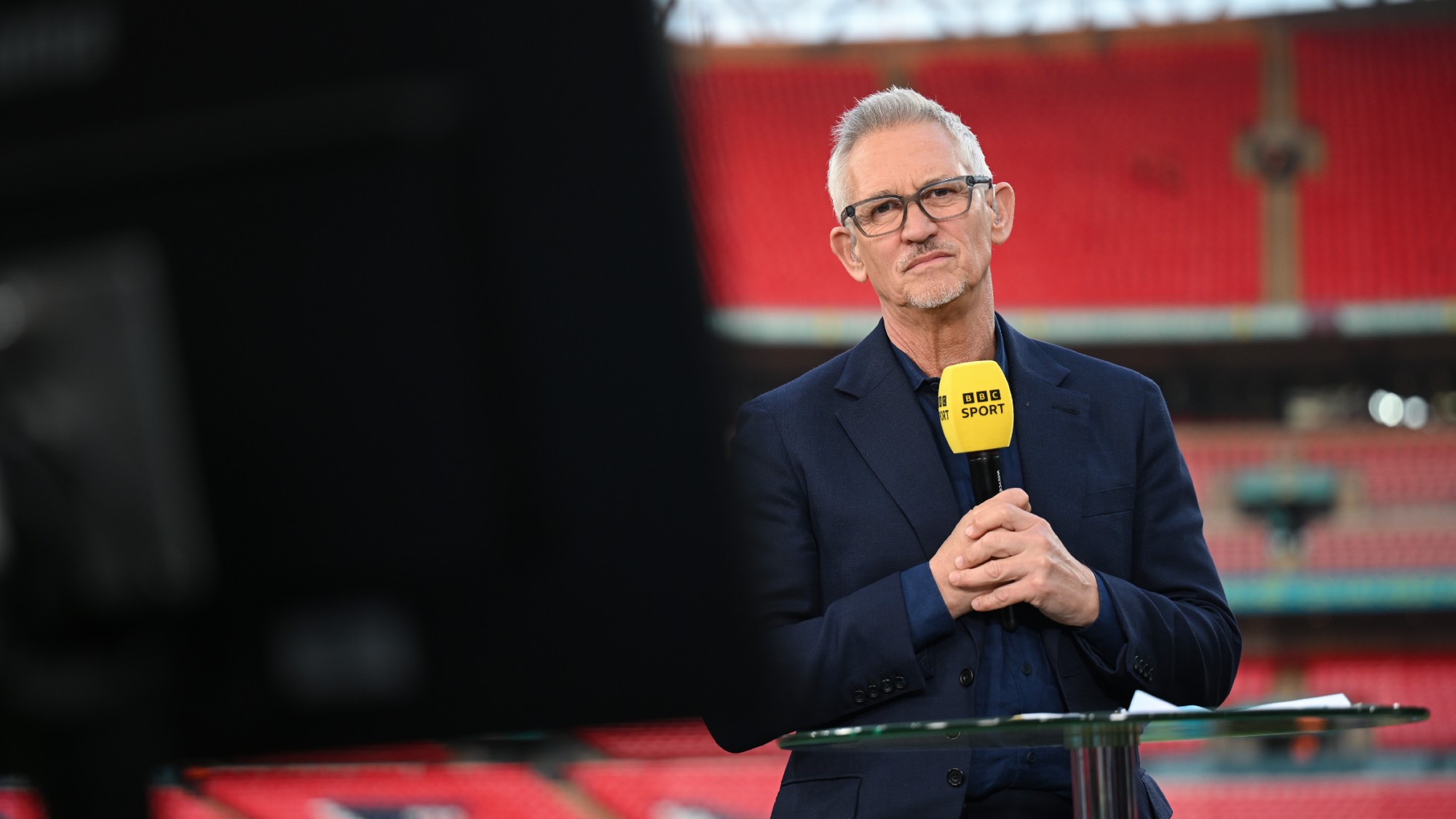 What are the impartiality rules for BBC presenters?
What are the impartiality rules for BBC presenters?The Explainer News presenters and hosts of 'flagship programmes' must adhere to tougher guidelines than other staff and freelancers
-
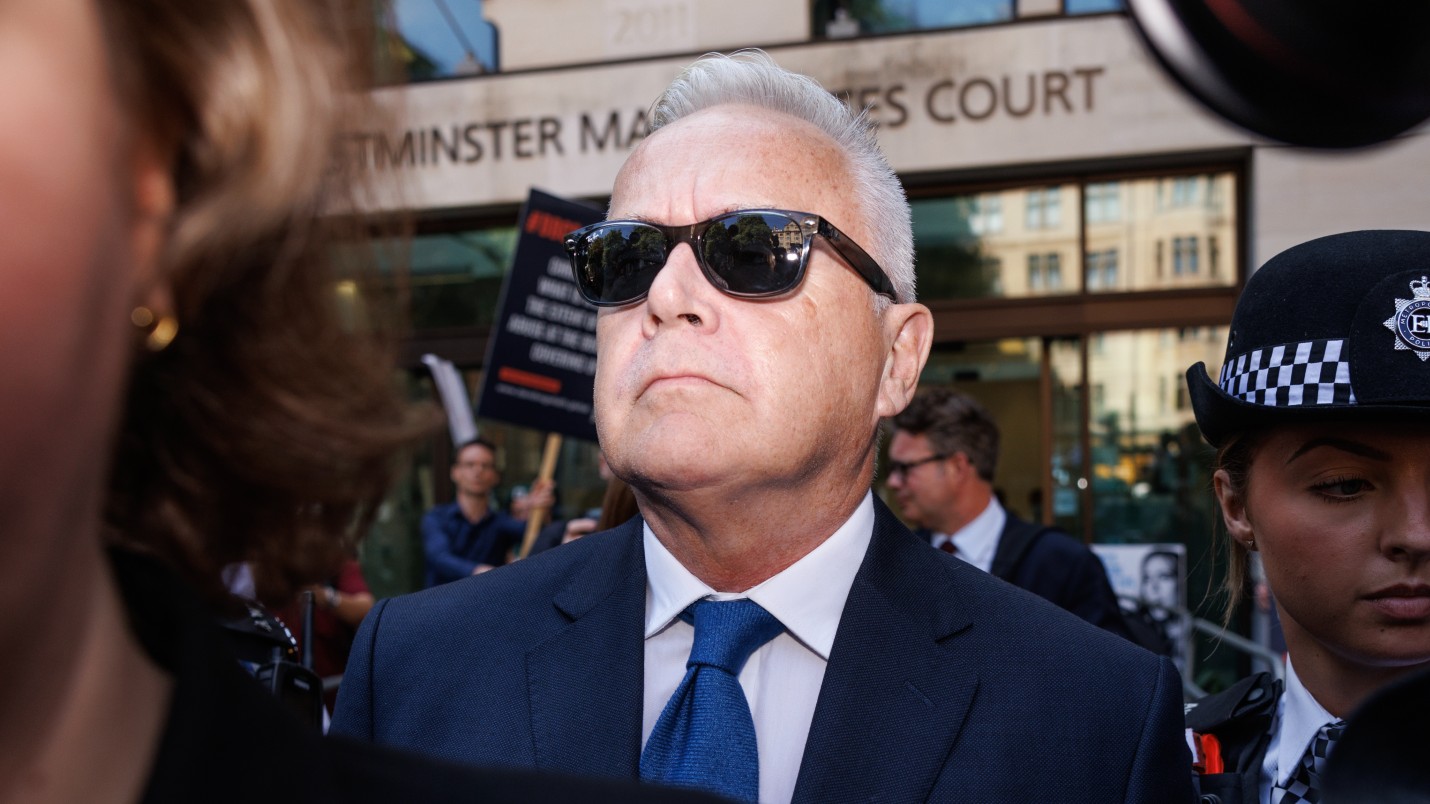 Huw Edwards: why is the BBC so scandal-prone?
Huw Edwards: why is the BBC so scandal-prone?In the Spotlight The national broadcaster has serious questions to answer
-
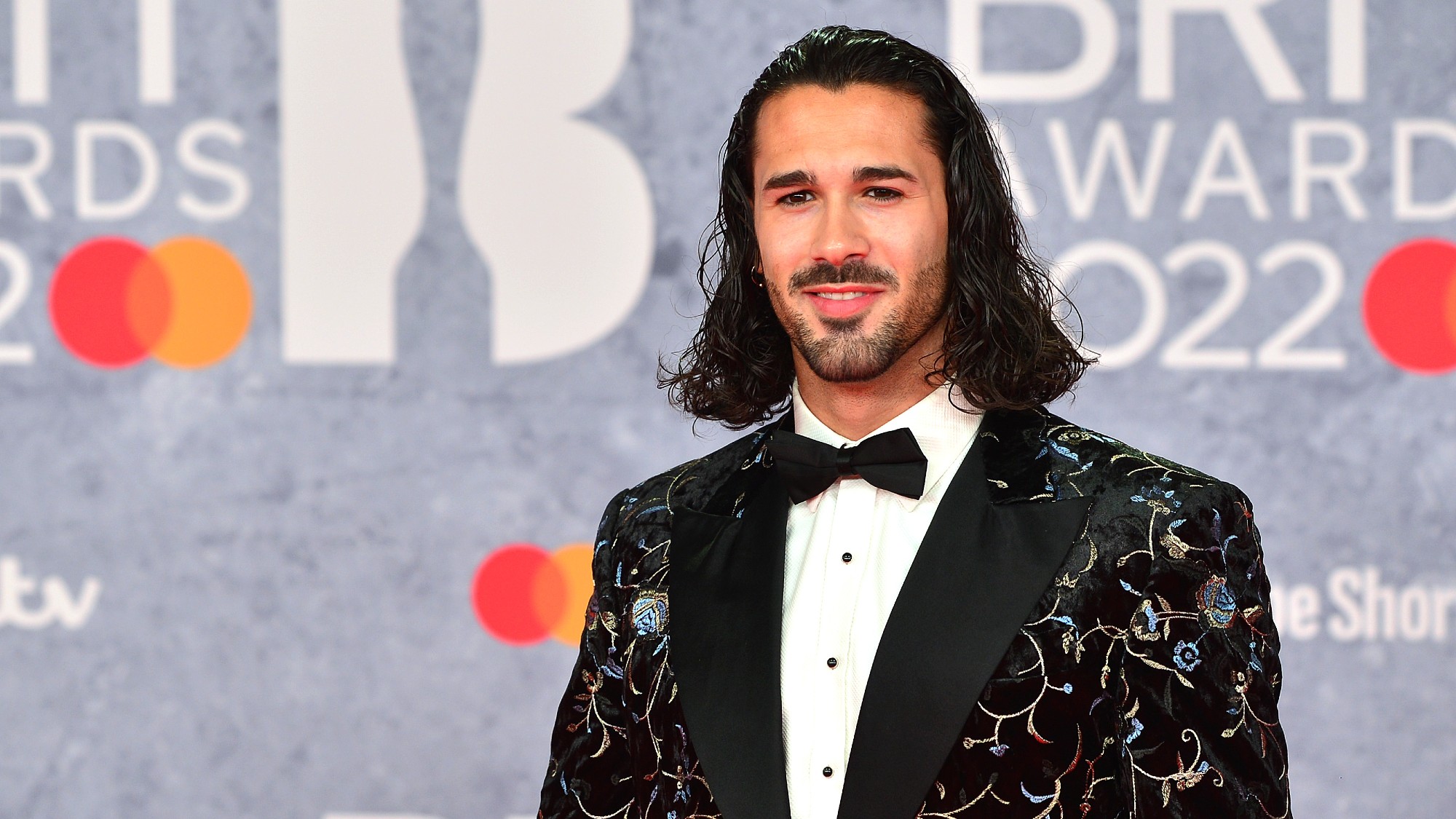 Strictly Come Dancing scandal timeline: what happened when
Strictly Come Dancing scandal timeline: what happened whenIn the Spotlight BBC director general addresses speculation over show's future and apologises to celebrity contestants who say they were mistreated
-
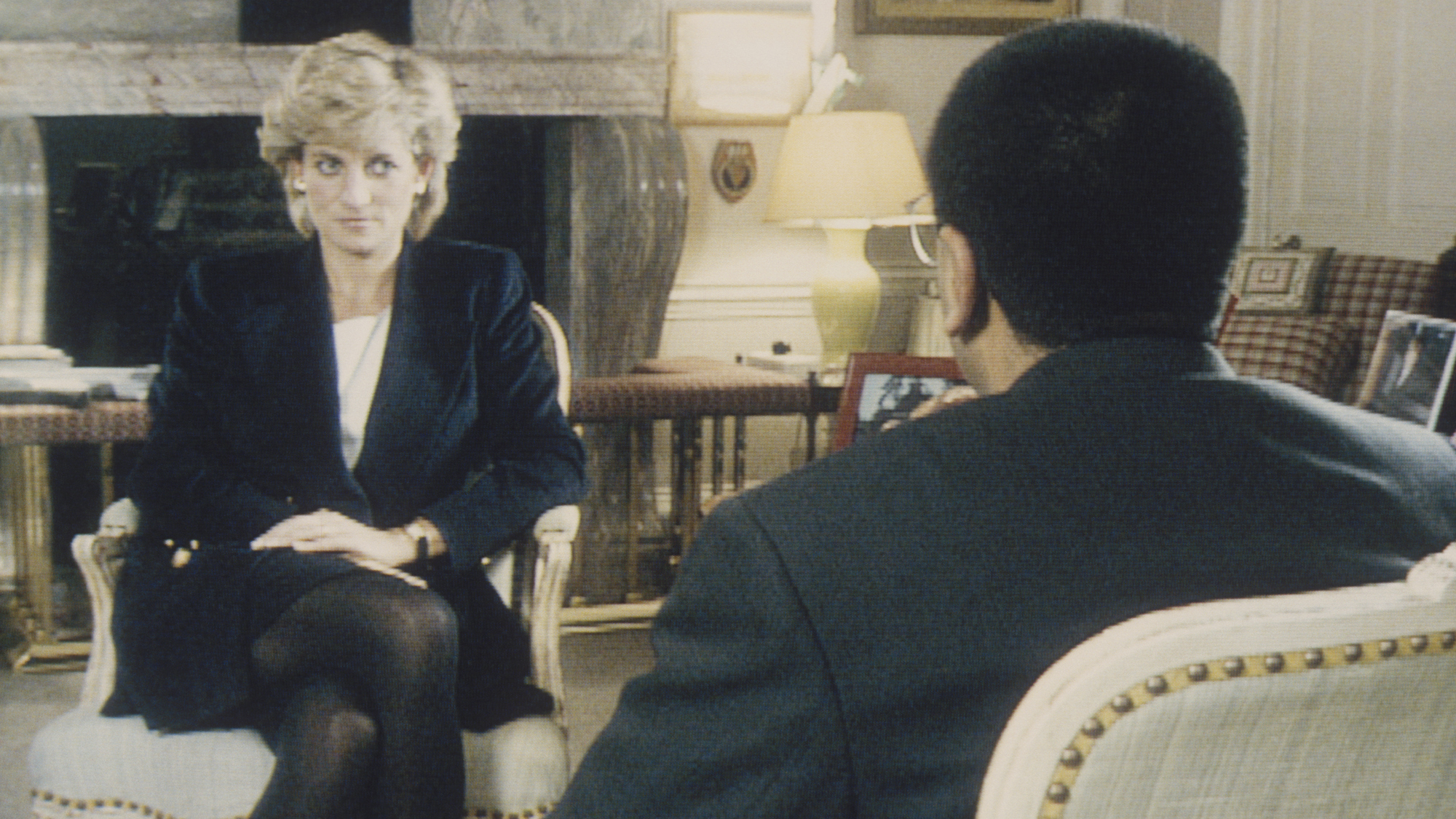 The Princess Diana interview and Martin Bashir's redacted dossier
The Princess Diana interview and Martin Bashir's redacted dossierIn the Spotlight The newly revealed documents show Bashir claimed jealousy and discrimination fuelled allegations against him
-
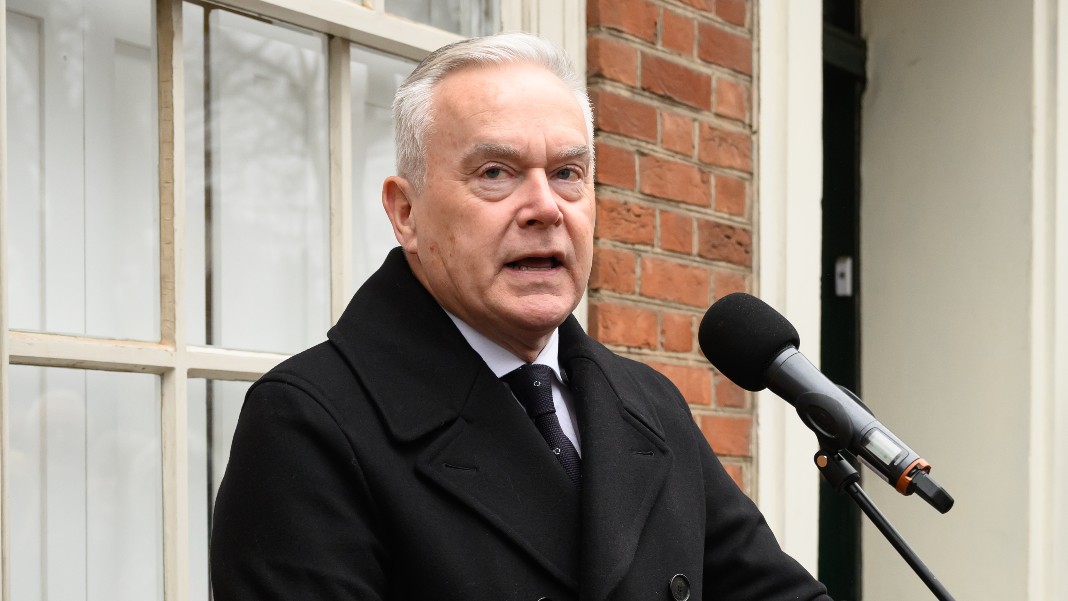 Huw Edwards and the question of ‘public interest’
Huw Edwards and the question of ‘public interest’Talking Point Privacy law ‘mess’ needs to be cleared up, not by judges, but by Parliament
-
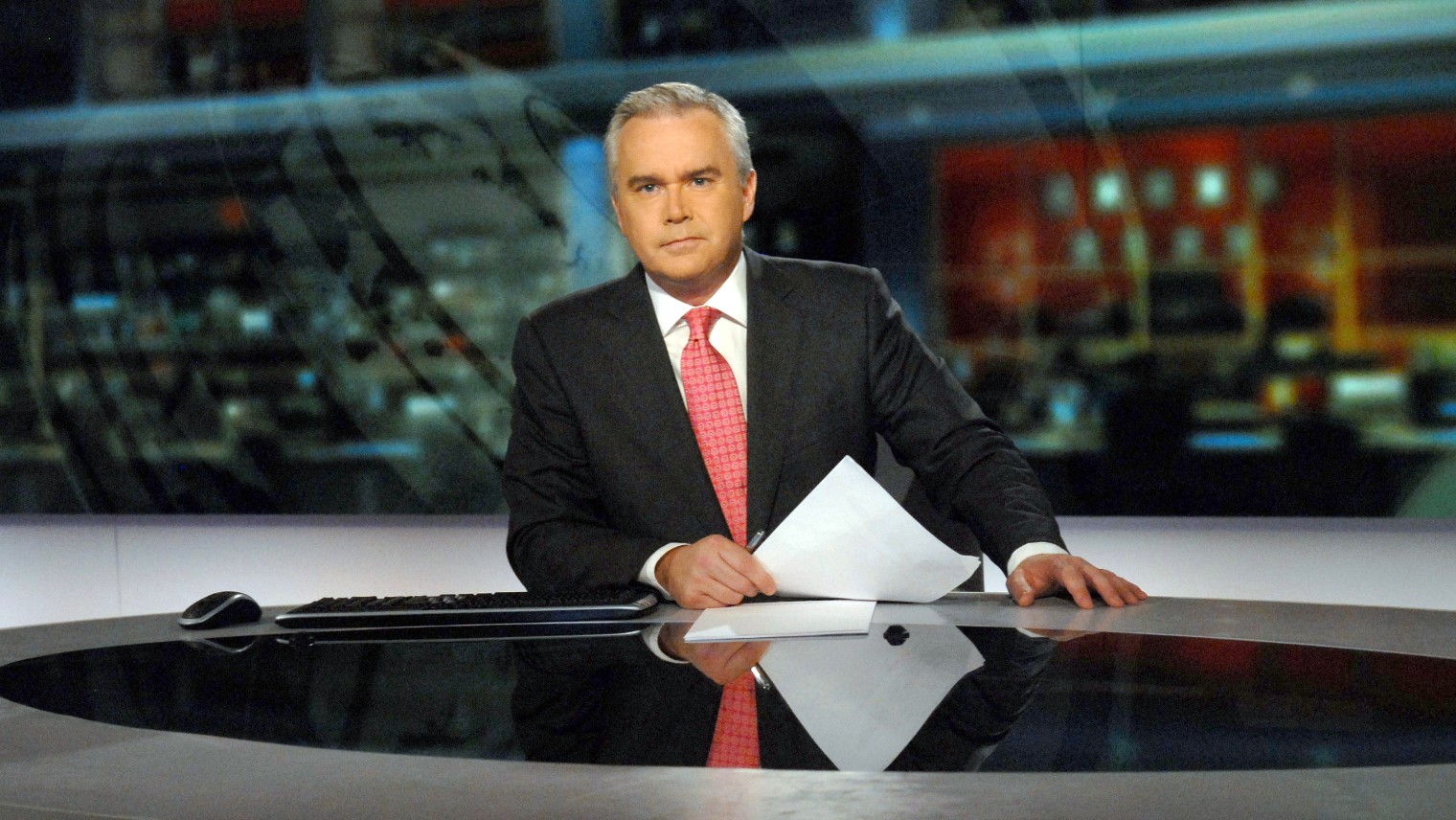 Huw Edwards named as presenter at centre of BBC crisis
Huw Edwards named as presenter at centre of BBC crisisIn Depth News reader’s wife, Vicky Flind, says he will remain in hospital for foreseeable future
-
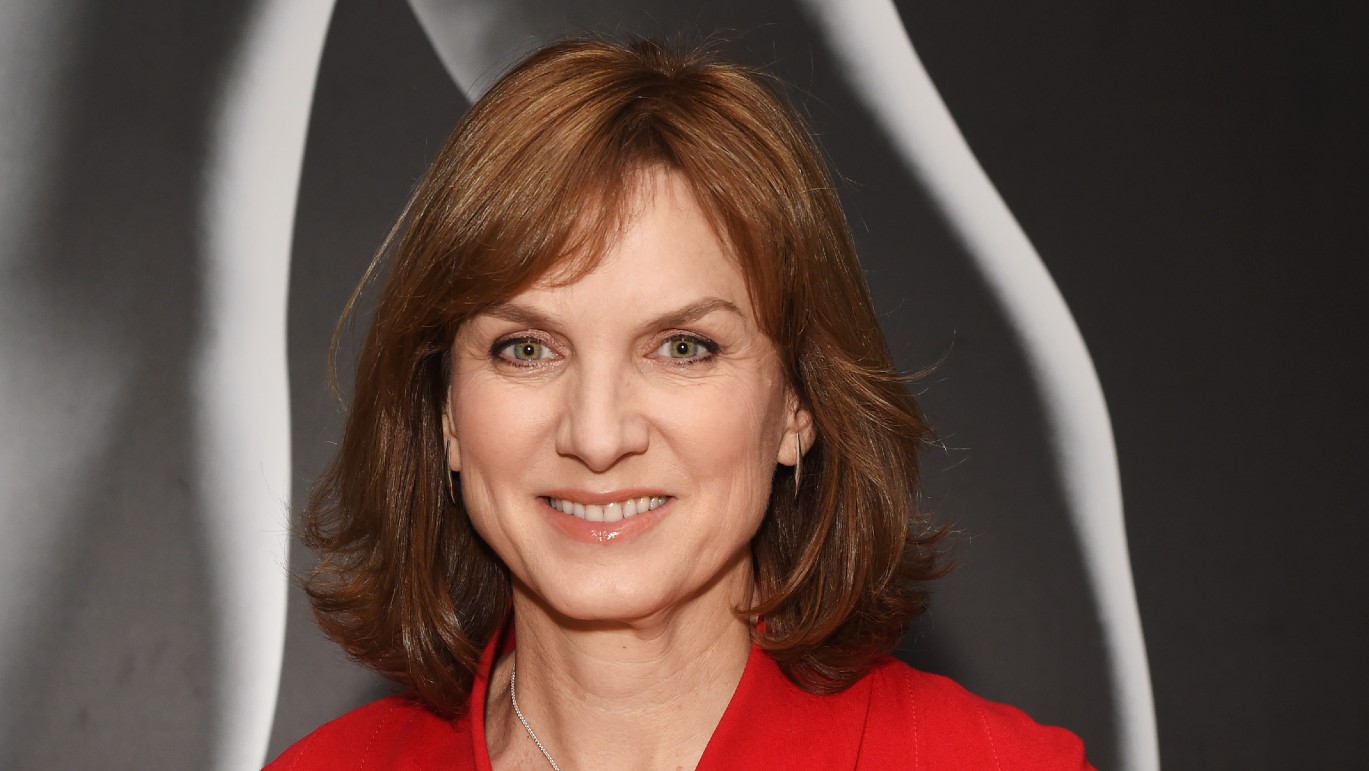 Fiona Bruce: has Question Time host been ‘hung out to dry’?
Fiona Bruce: has Question Time host been ‘hung out to dry’?In Depth Presenter accused of trivialising domestic abuse in debate about Stanley Johnson


